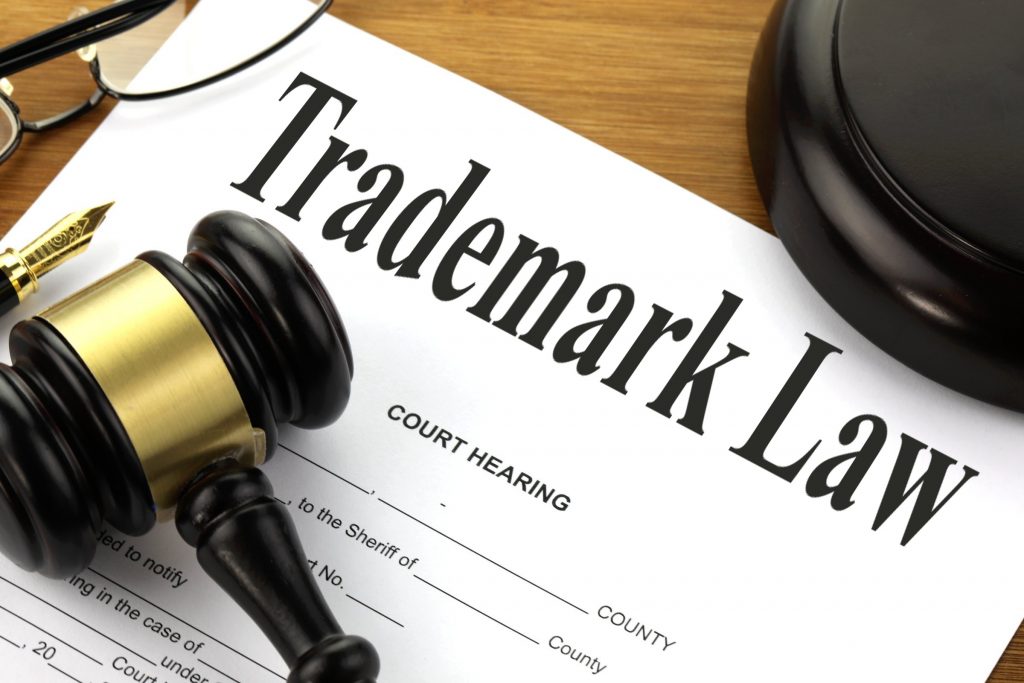The e-commerce industry is growing by the day. With business booming, it’s not surprising that many entrepreneurs are looking into starting their own e-commerce businesses. One of the biggest challenges faced by these entrepreneurs is legal issues by e commerce.
Many legal issues are caused by an improper understanding of consumer rights, which are often written in fine print or are not detailed enough for an entrepreneur to understand their terms and conditions. For example, contracts might be worded in a way that’s difficult to read or understand, leading entrepreneurs to sign away their firstborn daughter without knowing what they’re agreeing to.
Legal issues faced by e-commerce businesses can be classified into two categories:
1) Issues of the customer:
• Taxes and customs
• Consumer protection and customer rights
• Distribution of risk and liability
• Intellectual property rights
2) Issues among business partners:
• Contractual relationships
• Intellectual property rights
• Confidentiality
• Antitrust laws
• Tax law.
E-commerce is quickly becoming a popular method of doing business. However, for the legal aspects of e business to be successful, some important legal aspects must be considered.
Common Legal Issues Faced By eCommerce Businesses
Among the most common legal issues that e-commerce businesses face are:
1) Data Protection and Privacy Laws
More or less every website collects data on its visitors. This information can help you improve your business and better meet the needs of your customers. Customers voluntarily provided personal information, such as their names, contact information, and credit card information may be collected. By implementing and adhering to a reasonable privacy policy and developing sound practices that protect personal information, you can reduce your risk of liability and boost customer confidence.
2) Consumer Rights
Consumer protection legislation applies to both traditional and e-commerce transactions. The majority of jurisdictions have laws in place to protect consumers from unethical business practices. If you sell in other jurisdictions, you should be aware of the rules. If you own a business in Ontario, you should be aware that the Consumer Protection Act applies to any online agreement you enter into with a consumer, regardless of whether that consumer is in Ontario. To meet consumer protection legal requirements for electronic commerce, you should provide accurate information about the terms, conditions, and costs associated with a transaction, allowing customers to make an informed decision about whether to purchase.
3) Trademark Protection
A trademark is usually a name, word, phrase, logo, symbol, design, image, or some combination of these. It’s important to remember that website content can infringe on trademark rights. The similarity of the marks, as well as the similarity of the goods or services, are important factors in determining trademark infringement. If you have a unique name for your company or product, you should consult with an experienced trademark lawyer. Internet trademark use that is legal in the jurisdiction of the website owner may infringe on trademark rights in other jurisdictions.

4) Taxation
It is critical that you understand which taxes apply to the various products and services you may be selling. Existing tax rules, in general, apply equally in an electronic environment. To ensure that you are meeting your legal obligations, seek professional tax advice on which taxes apply to the product or service you are selling.
5) Domain Names
Domain names are the Internet addresses of websites. They can include key trademarks and can be valuable assets when it comes to branding your company or product. Trademark laws govern the registration and use of website domain names. You have the option of registering your domain name as a trademark. Consult a lawyer if you believe you are infringing on the trademark of another company. The name of another company or product should not appear in your domain name.
Prevent Legal and Regulatory Issues
We can prevent legal and regulatory issues by following a few simple guidelines.
1. Create Terms of Service that clearly indicate the responsibilities of both parties involved in the transaction
2. Make sure that you have a privacy policy that outlines what data you collect, how it is used, and with whom it is shared
3. Include appropriate disclaimers as required by law
4. Make sure to have an effective fraud prevention program in place to protect your customers from fraud
5. Get a Trademark registration for your company name and logo
ZapInventory is an integrated, multi-channel inventory management software for businesses of different sizes, especially eCommerce businesses to help them manage their inventory across all their sales channels. They also offer a FREE trial of the platform, and if you’d like some additional help in getting to know the platform, just schedule a call here.
Also Read: 7 Effective Ways To Prevent Inventory Theft
 Start using ZapInventory today
Start using ZapInventory today
